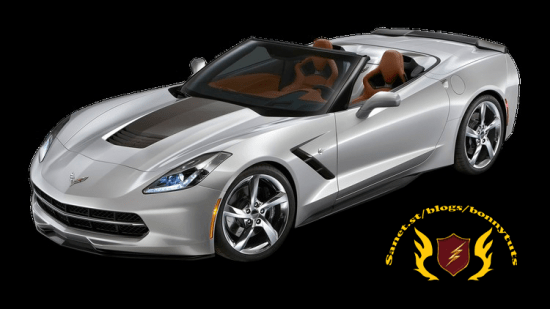
Published 07/2022
MP4 | Video: h264, 1280×720 | Audio: AAC, 44.1 KHz, 2 Ch
Genre: eLearning | Language: English + srt | Duration: 96 lectures (4h 49m) | Size: 1.8 GB
Essentials of Longitudinal & Lateral Vehicle Dynamics for Practicing & Aspiring Automotive Engineers
What you’ll learn
Understand longitudinal and lateral Vehicle Dynamics essential concepts with the help of graphical visualisations
Understand longitudinal and lateral Vehicle Dynamics Control essential concepts by their most core idea with the help of graphical visualisations
This course gives a good clarity on concepts for practicing Automotive Engineers and also for aspiring Automotive Engineers
Apart from vehicle dynamics, essential vehicle statics are also covered because of its fundamental nature
Requirements
Basic knowledge of Engineering Mechanics such as Force, Moment, Couple, Centre of Gravity, Newton’s Laws and basic Mathematics such as Trigonometry
Description
This capsule course on Vehicle Dynamics & Control – Essentials of Longitudinal & Lateral Vehicle Dynamics is designed for Practicing Automotive Engineers who deal with Vehicle Dynamics in their job.
Numerous animations and visualisations are used in this course for the intuitive understanding of vehicle dynamics concepts.
The knowledge gained with this course is expected to make the vehicle dynamics concepts clear, so that it nurtures your innovative thinking while developing code or developing a product.
This course is also suitable for Aspiring Automotive Engineers to get to know what are the useful concepts actually used in the Automotive Industry and thus to finetune their theoretical knowledge.
In simple words, the fact is that so many derivations from textbooks are not directly useful in an industry setting.
At the same time, there are definitely a couple of useful mathematical stuff needed for Automotive / Vehicle Dynamics Control industry and care is taken to cover those in this course.
The primary focus is to convey the conceptual understanding correctly with the support of proofs or mathematical equations.
And whenever a mathematical equation is shown, it is analysed in-depth and the physical understanding is made clear.
All the derivations are moved to Appendix section at last, for those who are interested to see and/or workout the proofs/derivations.
The delivery of this course is done in a concise manner covering comprehensive topics to maximise the benefit you get out of this course and also to respect your time spent on this course.
PS: Sufficient care is taken to avoid “um”s and “ah”s and no unnecessary repetitions of words in the videos, to help you stay focused ?
Some of the major highlights of this course are the explanations of the below questions and topics
============================================================================
What happens to the vehicle when front wheels are locked?
What happens to the vehicle when rear wheels are locked?
What happens to steerability and directional stability of the vehicle in the above both cases?
And is there any difference in vehicle response for high-“μ” and Low “μ” surfaces?
In general, there are ambiguities among engineers on what would happen. All the above questions are addressed with insightful animations and explanations.
Do Understeer Vehicles always exhibit the same behaviour? Why?
In general, lot of misunderstandings exist regarding oversteer and understeer among engineers. In this course clarity is brought in those topics considering steady state behaviour and transient behaviour of vehicles with simple and elegant mathematical insights.
Concepts of ABS, TCS are covered with benchmark performance plots. This is expected to boost thinking and innovation for product development.
Oversteer Control, Understeer Control, Rollover Control and Torque Vectoring are explained with visualisations.
Kinetic and Kinematic Bicycle Models are explained and the advantages, disadvantages and usage are explained.
Kinematic Bicycle Model of Ackermann steering condition is covered and derivation is also provided. And applications are explained.
Dynamic Rolling Radius or Effective Radius is one of the most important but misunderstood topics. Clarity is brought in with animations and a mathematical relation.
Combined slip, slip ratio, slip angle are explained intuitively.
Factors influencing basic vehicle dynamics including the static reaction loads, dynamic load transfer during braking and acceleration, dynamic load transfer during cornering are explained in depth with mathematical relations.
Who this course is for
Practicing Automotive Engineers who deal with Vehicle Dynamics in their job in some way
OR students, who are Aspiring Automotive Engineers undergoing/undergone an engineering degree course
OR anybody (including Automotive Enthusiasts) who has basic knowledge of Mechanics such as Force, Moment, Couple, Centre of Gravity and basic Mathematics such as Trigonometry could grasp this course
Password/解压密码www.tbtos.com
转载请注明:0daytown » Vehicle Dynamics & Control – Capsule Course